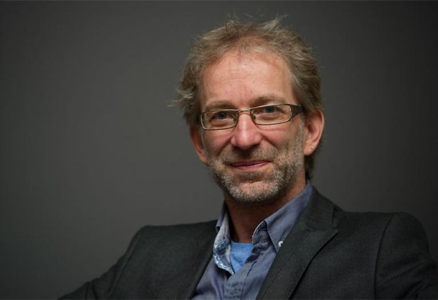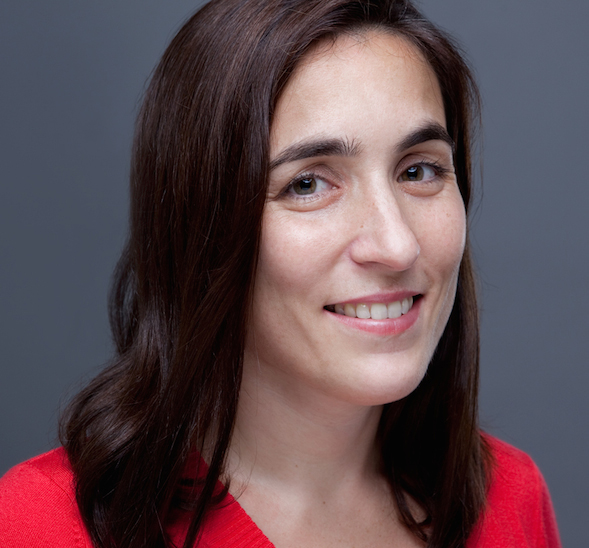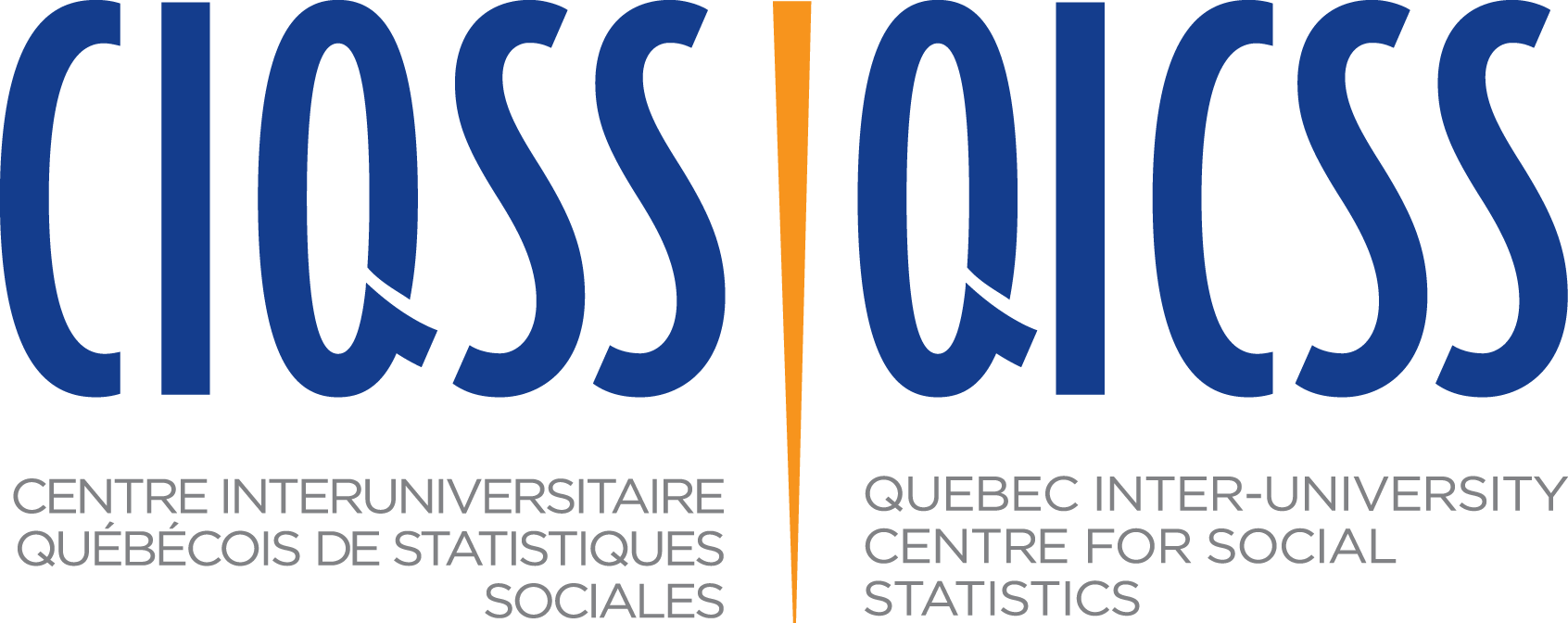QICSS "Pilot" Summer School on Research Reproducibility and Replication Challenge
FREE TRAINING
Overview
This training will provide an overview of issues related to the reproducibility of research and will suggest the steps to follow in order to conduct a replicable project. The initial training will be followed by an opportunity to apply the learnings through a replication challenge, which will consist of preparing a replication report for an article published in the Canadian Journal of Economics.
-
Face-to-face training at QICSS (3535 Queen Mary, Montreal)
-
Offered free of charge
-
Number of participants limited to 15
-
Bilingual training. The material distributed will be in English. The language of presentation will be English or French, depending on the preference of the group. Interaction between trainees and trainer will be in English or French, depending on preference.
Summer School Schedule
An initial two-day training session will be held on June 13 and 14, 2022 from 9:00 am to 4:00 pm. This will be followed by additional sessions on June 15 and 16, 2022 from 9:00 am to 4:00 pm, and on June 17, 2022, from 9:00 am to 1:00 pm (including lunch), during which trainees will be able to apply their learning through practical exercises (fictitious cases) on how to set up, develop and "publish" a replicable research project, and then through exercises in reproducing published (or forthcoming) articles in the Canadian Journal of Economics. The trainer will assist trainees in sub-groups during the practical exercises. The Data Editor of the Canadian Journal of Economics will be on hand to supervise the reproduction of the journal articles. The replication challenge will be presented on June 17, 2022 by Abel Brodeur of the Institute for Replication.
The replication challenge will follow the training, at the trainee's pace, with a replication report due by December 31, 2022. Participants with deemed Statistics Canada employee status will be able to work with confidential data in a Research Data Centre such as the QICSS. Trainees should plan for 40 to 60 hours of individual work to successfully complete their replication project. This challenge is organized in conjunction with the Institute for Replication and the replication reports will be published on the Institute's website.
Prerequisites
Participants should have experience conducting empirical social science data analysis using statistical software, ideally in the research environment of one of the QICSS laboratories. Knowledge of at least one of Stata, Matlab, R, SPSS or SAS is required, as is knowledge of the Windows Desktop environment.
Scholarship for students
Participation in the summer school comes with a $500 scholarship. In addition, students from outside the Greater Montreal area will have access to a $1000 bursary to help cover travel expenses. A $250 bursary will also be awarded to those who complete a replication report of a Canadian Journal of Economics article by December 31, 2022.
Call for expression of interest
QICSS invites you to submit your application by May 27, 2022.
QICSS adopts a broad and inclusive definition of diversity that goes beyond applicable laws. It encourages all persons, regardless of their characteristics, to apply, including women, Aboriginal people, visible minorities, ethnic minorities and persons with disabilities. Please be assured of the confidentiality of this information.
For more information, contact Marie Connolly at [email protected]
Trainers
 |
Lars Vilhuber (Ph.D. 1999, University of Montreal) is an economist at Cornell University in the Department of Economics and the ILR School, the Data Editor for the American Economic Association journals, and executive editor of the Journal of Privacy and Confidentiality. His research focuses on labor market dynamics. Lars Vilhuber is an expert on replicability issues and consults to governments and statistical agencies in Canada, the United States and Europe. |
 |
Marie Connolly (Ph.D. 2007, Princeton University) is a professor in the Department of Economics at UQAM since 2009. Her research is mainly empirical in nature and focuses on various topics in labour economics, such as social mobility and human capital formation. Through her position as Data Editor of the Canadian Journal of Economics, she is interested in the issue of replicability of research. As of June 1, 2022, she is also Associate Dean of Research at the UQAM’s School of Management. |
--
Sponsored by: QICSS, ESG UQAM, the Research Group on Human Capital (GRCH), and Canadian Economics Association



